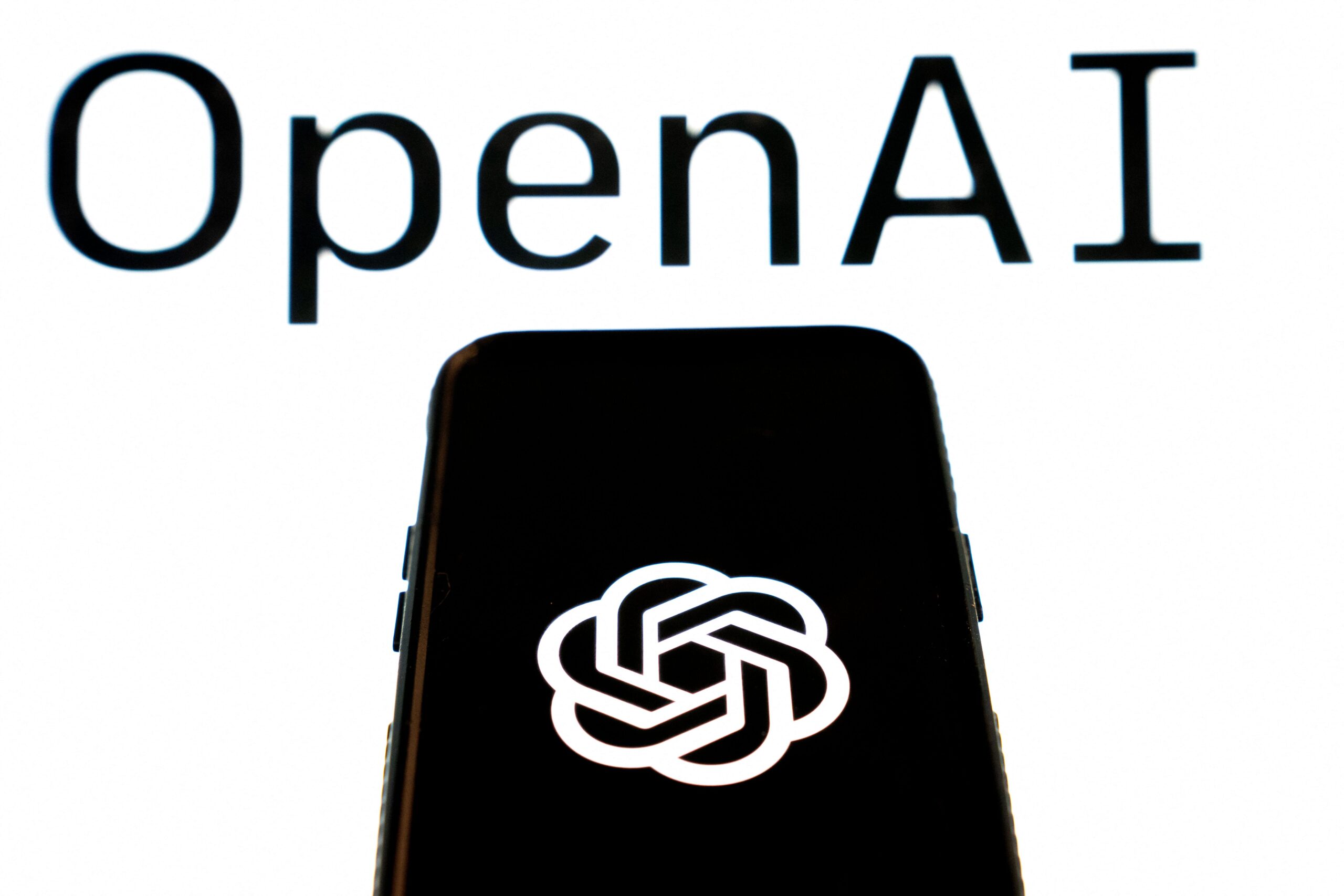
The United States Patent and Trademark Office (USPTO) has recently ruled against OpenAI’s bid to trademark the term “GPT,” citing its generic nature as the primary reason for the decision. This term, standing for “generative pre-trained transformer,” is a foundational element in the realm of artificial intelligence, particularly noted for its role in creating conversational models like ChatGPT, which has become a hallmark of AI innovation.
USPTO Denies OpenAI’s Trademark Bid
The USPTO’s ruling is predicated on the assertion that “GPT” is “merely descriptive” of the technology’s attributes, thereby failing to satisfy the stringent criteria required for trademark protection. This decision not only underscores the challenges of securing intellectual property rights in the fast-paced tech domain but also sets a precedent for how descriptive terms are treated in the context of trademark law.
OpenAI’s Argument for Trademarking GPT
OpenAI’s bid to trademark “GPT” was driven by its desire to cement its association with the transformative technology it has played a crucial role in popularizing. ChatGPT, in particular, has emerged as a symbol of AI’s potential, transitioning from a novel curiosity to a ubiquitous tool with myriad applications across industries. The term “GPT” itself, while technical, has become synonymous with OpenAI’s contributions to advancing large language models, a testament to the organization’s significant impact on the field.
However, the USPTO’s deliberations highlighted a critical distinction: the widespread usage of “GPT” within the tech industry, both before and independent of OpenAI’s application, undermines the exclusivity required for trademark registration. This perspective is informed by the principle that trademark law is not intended to grant monopolies over descriptive language that other entities might need to accurately describe their products or services.
The Consequence of the Trademark Denial
The ramifications of this decision extend far beyond a legal rebuff for OpenAI. It essentially opens the proverbial floodgates for a plethora of GPT-branded products to enter the market, diluting OpenAI’s brand equity and complicating consumer decisions. The marketplace could soon see an influx of offerings with names like “TalkGPT” or “BuildGPT,” leveraging the cachet of the GPT moniker without any affiliation to OpenAI. This scenario poses a strategic challenge for OpenAI, as it navigates a landscape where its pioneering efforts in GPT technology are no longer exclusively tied to its brand.
Despite this setback, OpenAI’s position as a leader in the AI space is hardly diminished. The organization’s foresight in opening up ChatGPT to developers and its continued innovation with models such as GPT-3 and GPT-4 have imbued the “GPT” term with a strong association to OpenAI’s brand. This first-mover advantage is not to be underestimated, as it provides a foundation of brand recognition and credibility that newcomers will find challenging to replicate.
OpenAI’s Future Branding Initiatives
In the wake of the USPTO’s decision, OpenAI appears to be pivoting towards a more diversified branding strategy. This strategic shift is evident in several key areas:
- Distinctive Naming: Launching services with unique names, such as the text-to-video generation model “Sora,” to distinguish them in the marketplace.
- Brand Ecosystem: Aiming to build a robust brand ecosystem that transcends the limitations imposed by the trademark denial, ensuring a cohesive and recognizable brand identity.
- Mitigating Brand Dilution: Cultivating unique brand identities for its offerings to reinforce OpenAI’s market position and mitigate the potential for brand dilution amidst a sea of generically named competitors.
- Appeal Option: Considering the appeal to the Trademark Trial and Appeal Board as a viable path forward to argue for “GPT” as a distinctive brand identifier deserving trademark protection.
OpenAI has previously attempted to trademark “GPT” in May 2023, but faced a similar rejection. They have the option to appeal the current decision to the Trademark Trial and Appeal Board, seeking another chance to secure trademark protection. Alternatively, they may choose to focus on building and promoting distinct brand names for their individual products, gradually shifting away from exclusive reliance on “GPT.”
Related News:
Featured Image courtesy of STEFANI REYNOLDS/AFP via Getty Images
